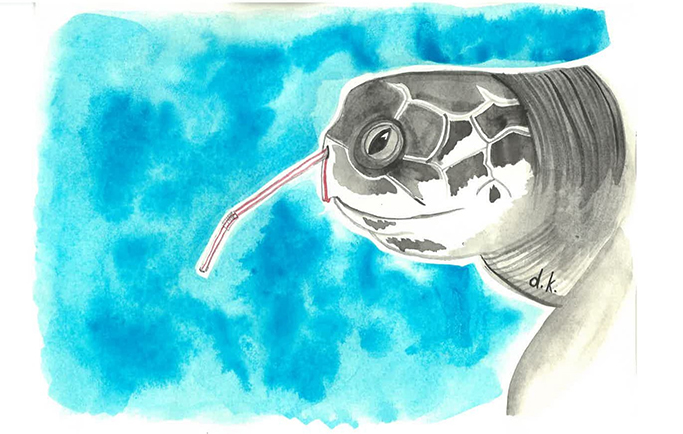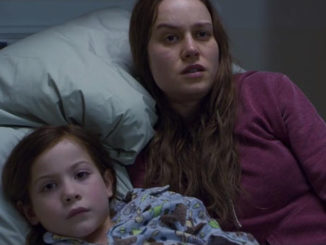
[dropcap]A[/dropcap]s global warming increases, so does attention to the issue of climate change. Although, when things are this bad, we must ask if the decisions we make as individuals actually matter?
It seems that lately everywhere you look you see headline after headline, tweet after tweet and post after post all centred around the topic of global warming. From Trump’s one man mission to deny the science of global warming to the recent widespread switch from plastic to paper straws.
While swapping out plastic straws for paper ones and trying to cut down our own personal carbon footprint is certainly not a bad thing, the question remains: how much of a difference can one person make to such a large issue? The problem is when we are so far gone, with global warming increasing way more rapidly than predicted and humans creating problems for the Earth at such alarming rates. How likely is it really that straws will be the straw, or should I say the straws, that break the camel’s back?
According to a new study in the Journal Earth System Dynamics, it is alleged that, unless the world’s governments transition to clean energy sources by 2035, it will be near impossible to stop the Earth’s temperature from rising to uninhabitable temperature. With the point of no return likely so close, most governments are taking little more action than introducing the charging of plastic bags in supermarkets, as Ireland did in 2002. It might be possible we have to look more towards the introduction of larger legislation first and less on the actions of individuals.
For example, a girl I know refuses to drink from plastic bottles or even take paper bags from stores because they often aren’t recycled, yet works in a place that wastes more paper than I can fathom. There is a certain irony to it. We as individuals can be as eco-friendly as possible, yet live in a world where near everything we do is harmful to the environment, even the power we use to live our everyday lives. It’s hard to avoid contributing to the problem, so is it even worth trying? In a sense, there is a certain pointlessness to trying, when we are already so close to the point of no return. Yes, cutting out any small part of the larger problem is beneficial, but a minuscule percentage of total sea waste is actually due to plastic straws, compared to waste from the damaging nets that fishermen use. Replacing straws, instead of focusing on regulating these larger issues, is probably doing more harm than good or at least just misplacing the attention.
Overall, I think that, while we should all be trying our best to improve the state of the Earth’s climate problems, the impact of one individual is unlikely to make improvement unless, and until, governments or a larger majority of the population make those same changes.
Clara Kelly
Image Credit: Deirdre Kelly



